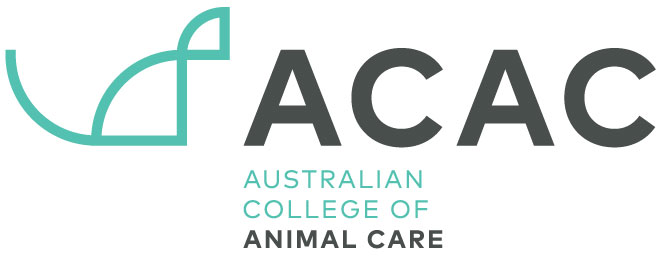
COURSE HANDBOOK – 2019
Finding & Arranging Placement
It is very important that you learn the correct way to approach workplaces for placement. These skills are also valuable for finding paid employment. As a student, you are responsible for contacting suitable workplaces in your local area.
We can talk direct to the workplace and answer any questions they have after you have made initial contact.
Placement can be competitive, so we help you stand out by supplying incentives such as discounted workshops and short courses as a thank you. Details on what is on offer is outlined in the ‘Placement Letter for Workplaces’, which you can attach to your application for work placement.
It is important that you approach gaining work experience exactly the same as a real job. You must present yourself well and have a cover letter and a resume ready.
We are more than happy to review your cover letter and résumé and offer suggestions for improvements or tailoring to the industry.You can upload this into the Learning Centre in the Work Placement Arrangement course areas and we will review it within 14 to 21 days.
Here are some other tips.
- Visit the animal care workplaces in your local area with a professionally prepared cover letter and résumé.
Don’t just post or email your application – presenting yourself in person makes a better impression.But be sure that you’re well groomed and dressed appropriately so that crucial first impression is a good one! - Remember, there’s more to working in animal care than loving animals.
So in your cover letter, highlight any strong experience in customer service, reception, or sales-related. Even admin skills are necessary in animal care, so have a good think about any non-animal care skills you can bring to the job. - Let them know you’re willing to learn.
Acknowledge in your letter that you have little or no industry experience but are excited to learn more whilst undertaking work experience for the Cert II in Animal Studies.Make sure you mention you have commenced your studies with ACAC. We find most workplaces love our students and the level of knowledge they bring with them. Some workplaces may have a preference for students from particular training providers, so don’t be disheartened if they say no.
Remember, owning your own pets doesn’t count as experience – but it does count as knowing why veterinary care is so important. Use this in your cover letter! - Mention you are insured through your course.
You aren’t covered by the workplace’s insurance or work cover as a work experience placement or volunteer. As part of a certified educational course, you are covered by UQ’s insurance. This is very important for the workplace to know. - Be flexible.
The workplace may be limited in the hours they can offer you due to operational requirements. Discuss with them what suits you and them, not just you. You may have to compromise a little, but remember it’s not forever, it’s just for the course. If you impress your supervisors, you may just land a paid gig out of it! - Include a copy of the ‘Placement Letter for Workplaces’ from us to the workplace.
This explains what is required during placement and can be downloaded from the Learning Centre Work Placement course areas. This should answer basic questions for them, but we are more than happy to discuss requirements with them over the phone.
